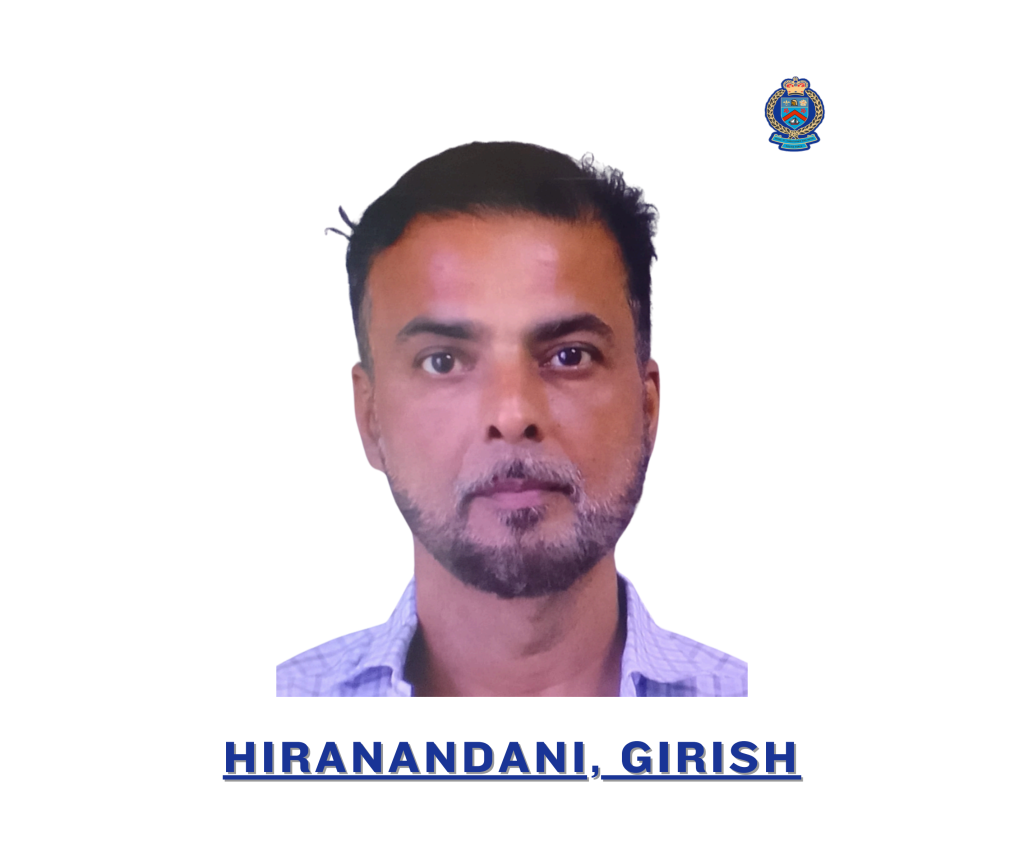Girish Hiranandani Faces Money Laundering Charges
The case against Girish ‘Kumar’ Hiranandani, a resident of Fort Tyson Rise in Frigate Bay, St. Kitts, involves serious allegations of financial misconduct, specifically money laundering and obtaining credit through fraudulent means. The charges stem from activities that allegedly took place between December 25th and 27th, 2022, at Port Zante, a bustling commercial hub in St. Kitts known for its duty-free shopping, restaurants, and cruise ship port. Hiranandani was formally charged at the Basseterre Police Station on March 27th, 2025, more than two years after the alleged offences occurred. The delay between the alleged crimes and the filing of charges could be attributed to various factors, including the complexity of financial investigations, the need to gather sufficient evidence, and potential jurisdictional issues if the alleged money laundering involved international transactions.
The two counts of money laundering against Hiranandani suggest an attempt to conceal the origin of illicitly obtained funds. Money laundering is a complex process that typically involves three stages: placement, layering, and integration. Placement refers to introducing the illegal funds into the financial system, layering involves a series of transactions to obscure the money trail, and integration involves assimilating the laundered money into the legitimate economy. The charges suggest that Hiranandani may have engaged in one or more of these stages within the short timeframe of the alleged offences. The specific nature of the transactions and the amount of money involved have not been publicly disclosed, but the details will likely emerge as the legal proceedings unfold.
The three counts of obtaining credit by fraud and pretences point to a deliberate scheme to deceive financial institutions or individuals into extending credit based on false information or misrepresentations. This could involve fabricating financial documents, impersonating someone else, or providing false information about income, assets, or employment history. The success of such schemes hinges on the perpetrator’s ability to create a convincing illusion of creditworthiness. Each count likely represents a separate instance of fraudulent credit application, suggesting a pattern of deceptive behavior.
The convergence of money laundering and credit fraud charges suggests a potential link between the two. It is possible that the funds obtained through fraudulent credit applications were subsequently laundered to conceal their illicit origin. Alternatively, illegally obtained funds may have been used to bolster Hiranandani’s apparent financial standing, making him appear a more credible candidate for credit. The prosecution will need to establish a clear connection between the two sets of charges to present a cohesive narrative of Hiranandani’s alleged criminal activities.
The location of the alleged offenses, Port Zante, is significant. As a major commercial center, Port Zante offers ample opportunities for financial transactions, both legitimate and illicit. Its bustling environment and the presence of numerous businesses could provide cover for money laundering activities, while the availability of financial institutions and credit providers could make it a target for individuals seeking to obtain credit fraudulently. The investigation will likely focus on identifying specific businesses or individuals within Port Zante that may have been involved in or affected by Hiranandani’s alleged activities.
The legal proceedings against Girish ‘Kumar’ Hiranandani will unfold in the courts of St. Kitts and Nevis. The burden of proof lies with the prosecution, which must present compelling evidence to convince a judge or jury of Hiranandani’s guilt beyond a reasonable doubt. Hiranandani, like any defendant, is presumed innocent until proven guilty and has the right to legal representation and a fair trial. The outcome of the case will hinge on the strength of the evidence presented by both the prosecution and the defense, the credibility of witnesses, and the legal arguments put forward by both sides. The case highlights the importance of robust anti-money laundering and fraud prevention measures in financial systems, especially in international jurisdictions like St. Kitts and Nevis, which can be vulnerable to such crimes.
Share this content:












Post Comment